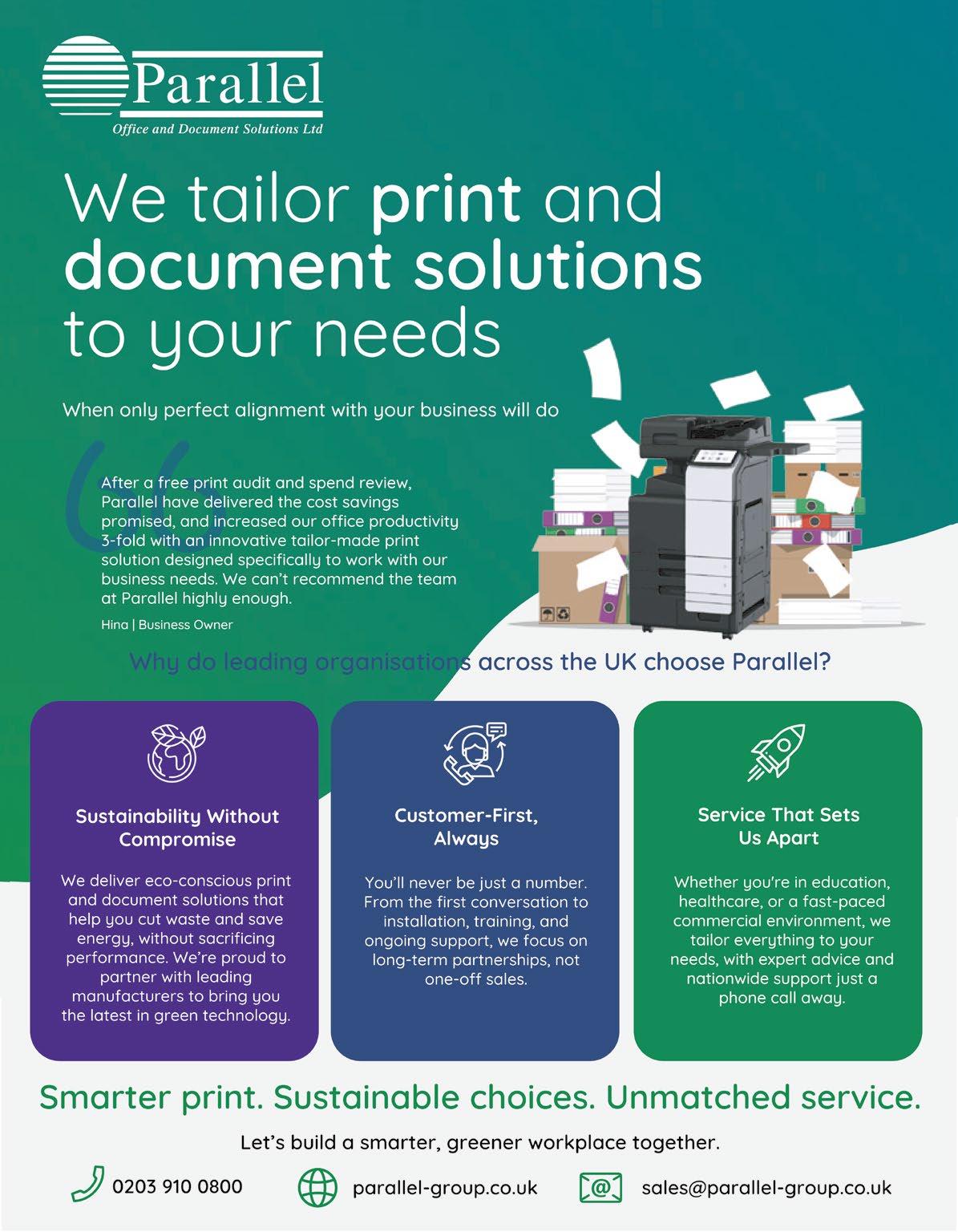
2 minute read
Business Advice The hidden cost of silence
Laura Pearce, MD of Strand PR, says
Marketing Budget
When markets wobble, marketing is often the first budget under the knife. On paper, it looks sensible. After all, pausing spend for a quarter or two seems easier than cutting staff or operations.
And yes, you’d expect an agency to say ‘don’t cut marketing’. But this isn’t about keeping agencies busy or marketers employed. It’s about what history shows works for businesses. Silence costs more than speaking.
Lessons from the last crisis
In the 2008 recession, many brands went quiet. The ones who didn’t came out stronger. Tesco, Sainsbury’s and John Lewis all kept advertising through the downturn and grew share while competitors shrank.
McDonald’s leaned into marketing and built loyalty, while Starbucks slashed budgets, closed locations and spent years rebuilding. The lesson repeats itself in every downturn. Those who keep communicating don’t just survive, they move ahead. Those who go quiet, disappear.
Today’s battleground
Fast-forward to 2025. Inflation, supply chain shocks, talent shortages and AI disruption have created new pressures, but the instinct at board level remains the same: to cut the nonessentials.
The risk is that marketing gets treated as a cost centre, not a growth driver. Silence in the market isn’t neutral. It creates space competitors will happily fill. And once customers forget you, it becomes far more expensive to win them back.
Why silence is dangerous
When a brand steps back, it does save budget. But, it also loses its share of voice, which competitors are ready to claim. Trust erodes quickly too as customers begin to question a company’s stability if they stop hearing from it. And perhaps the biggest danger of all is the cost of rebuilding later. Awareness lost in six months can take years of investment to restore.
Cutting marketing may protect this quarter’s numbers, but it costs you next year’s growth.
What smart investment looks like now
Investing through uncertainty doesn’t mean throwing money around. It means being deliberate and precise. The fat to cut sits in endless approvals, disjointed campaigns and vanity activity that adds little value. What needs to stay strong is the marketing muscle that creates clarity, maintains trust and keeps the pipeline warm.
The businesses that balance performance spend with brandbuilding are the ones that come through downturns stronger. The combination matters. Performance spend maintains immediate visibility. Brand investment sustains long-term credibility. Neither works in isolation. In uncertain times, authority matters more than ever. That means PR, thought leadership and digital credibility.
The point
It would be easy to assume this view benefits agencies. But we’ve seen enough downturns to know that marketing through uncertainty isn’t about us. It is about protecting businesses.
The brands that keep investing don’t just hold their ground; they win new ground. Those who stay silent spend years, and far more budget, trying to claw it back.
Because silence isn’t saving money. It’s spending future growth.









